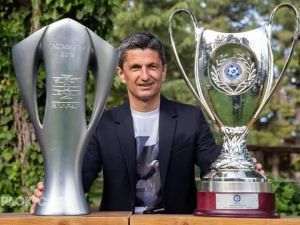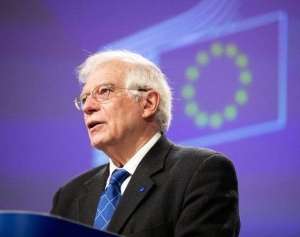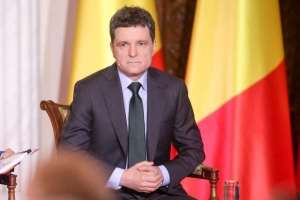Sociologists were expecting a voter turnout of less than 30% for yesterday's elections for the European Parliament. Whereas for the politicians, this ballot represented a test prior to autumn's presidential elections, citizens are not showing interest in who they send to the European Parliament to represent their interests.
Usually, in the elections, the rural voters are more active compared to their urban peers, with the political parties getting their "soldiers" to the ballot box through the electoral bribes they are offering in villages and communes.
Political analysts are saying that such a low voter turnout is also the result of the citizens' lack of trust in the Romanian politicians, regardless of their affiliations.
The level of trust in the various institutions of the state has been relatively steady until the swearing in of the USL government, in May 2012, according to the charts present in the Sociopol poll, released in April 2013.
But after that moment, the charts in the poll show a certain sinuosity, which according to sociologists, indicates the citizens' confusions, caused by the war between the Palaces - Cotroceni, Victoria and the Parliament's.
The Sociopol poll also reveals that for two years now, citizens have stopped knowing who to trust, they don't know what their "anchors" are.
Whereas until May-June 2012, the electorate had an established, stable perception on the topic they were being polled about, in the last two years, according to the schedules in this poll, that confidence has dissipated, which shows that we are currently dealing with a society that is disassembled and on the verge of collapse.
Political analysts told us: "The charts show that Romania's citizens are like mice in a maze, they don't know what kind of society they are living in anymore. It's total confusion, it's chaos. Lately, you can' tell which politician or institution has gained more trust from the people, especially because of the mass-media, which is now owned by various political parties.
Now, we only speak about how one party or the other briefly gains the attention of the public, though increasingly aggressive appearances on TV.
Up until May 2012, there was a clear distribution of the powers that Cotroceni, the Victoria Palace (the government) and the Parliament had. After the fall of the Mihai Răzvan Ungureanu government, an endless war of political statements began, with a disastrous effect on the trust of the electorate in politicians and in the institutions of the state".
According to analysts, the charts in the Sociopol poll reveal a society that could go in any direction, an uncertain and nervous public that feels terrorized and prisoner of a political class that is corrupt and deprived of any vision.
For the crowd, the elections don't have any major stake; Brussels, Luxemburg and Strasbourg (the three places where the European Parliament meets) might as well be located on Mars, for what it's worth, to people in smaller towns like Caracal or Găeşti, where Europe is just a mystic land - the realm that swallows those who go to work abroad and send in money to their families.
In the statistics, the members of the European parliament are elected by four hundred million Europeans, of which 18 million Romanians.
How many of our MPs sent in the European Parliament are concerned with the peril of the disintegration of the European Union?
They did not even hear about this problem.
On the other hand, once our European MPs learn about this peril, they will become very concerned.
If for no other reasons but the fact that the disappearance of the European Parliament would deprive them of their generous salaries.
It is the only reason they ran for the European Parliament in the first place.
























































